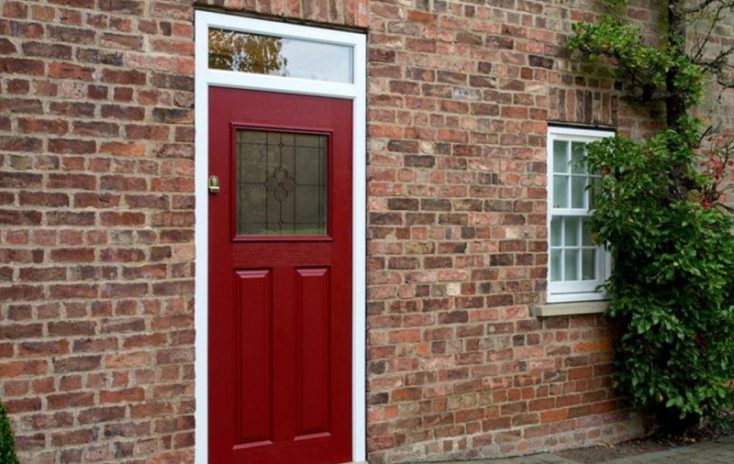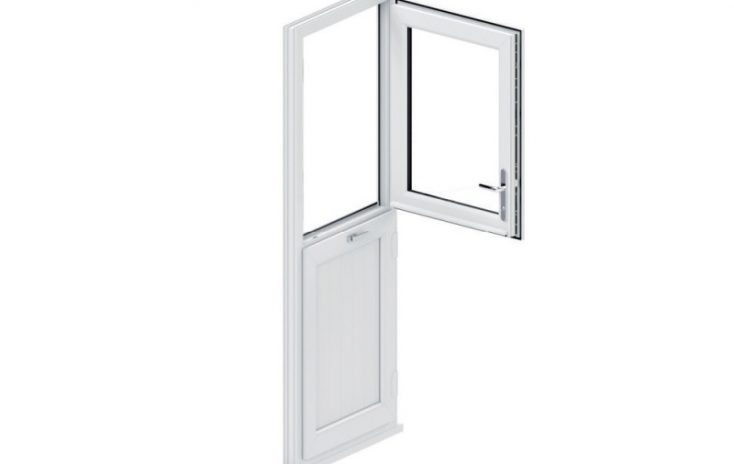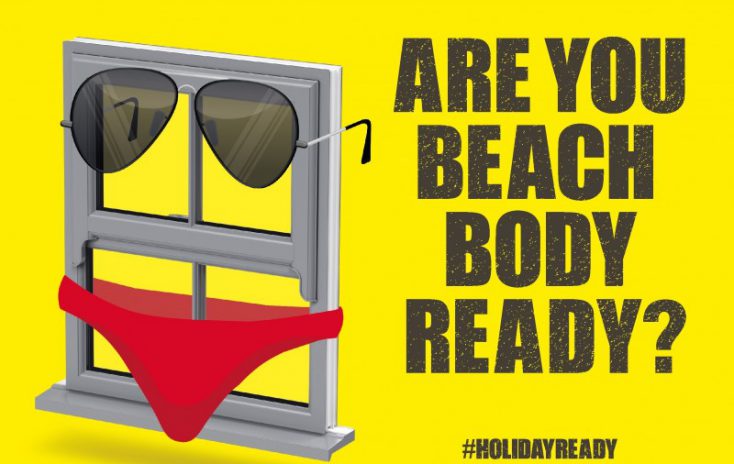Window and door installation is a vital part of any construction project, and it is crucial that those who work in this industry understand the importance of health and safety. In this blog post, we will discuss the health and safety training options available to window and door fitters, as well as the laws governing contractor safety.
This information has been compiled as a brief guide to the regulations surrounding health and safety that could have an impact in the window and door industry. For up to date information about the laws surrounding the health and safety for your individual needs, please refer to the HSE website.
Hazards in the fenestration industry
Falls from height and objects falling from a height are among the most common accident causes in the fenestration industry. Fitters often work at first-floor level or above and at roof height. Due to the weight of composite doors and the weight of certain glazed units, there’s a lot of heavy lifting involved, making it easy to drop something by accident, or for something to slip.
Manual handling, in general, is an area that poses a high risk of accident and injury including broken bones, sprains, bruising and fractures.
Slips, trips and falls are the most common cause of accidents in the construction industry as a whole, and window and door fitters are no exception. To help prevent these types of accidents, fitters need to be aware of the dangers posed by their work.
Health and safety training for window and door fitters
Health and safety training options are available to window and door fitters, including online courses and in-person training.
Fitters need to ensure adequate training is completed to carry out their work safely.
Employers should conduct regular training. Freelance and self-employed contractors should also endeavour to make sure they are up to date with the law.
There are many different courses available including first aid at work run by St Johns Ambulance, which can be vital in the event that an accident should happen.
The CITB (the industry training board for the construction sector in the UK, sponsored by the Department for Education) offers health and safety and sustainability courses including
- The NEBOSH National Certificate in Construction Health and Safety,
- Construction Design and Management training
- Site Safety and Awareness courses
The British Safety Council also offer the NEBOSH Certification and they say it offers
‘advice on duties and managing construction risks under the Construction (Design and Management) Regulations 2015’ as well as a breakdown of health and safety for managers and supervisors.
Health and safety laws in the window and door industry
In addition to health and safety training, it is also essential for fitters to be aware of the health and safety regulations that apply to their industry, such as the Health and Safety at Work etc. Act 1974.
This law sets out the UK’s health and safety regulations that employers and employees must follow, including employers’ duties of care to their employees at work.
Window fitters must also comply with the Contractors Health and Safety Regulations 1996, which place additional duties on contractors working in the construction industry. These regulations require employers and contractors to ensure that they provide their employees with adequate health and safety training and awareness of the dangers posed by their work. This will apply to large portions of the construction industry as a whole, but especially the window and door fitting industry.
This legislation also includes rules that affect the fenestration industry that encompasses:
Following these rules and the advice set out, the most common hazards posed to window and door fitters should be easier to avoid.
In addition to providing health and safety training, employers must also ensure that their workers are familiar with the relevant health and safety laws.
The Construction (Design and Management) Regulations 2007 require contractors to have a written health and safety policy and ensure that all workers are familiar with it. This policy should include details of the health and safety training that workers have received and their duties under the health and safety laws. It also outlines the client’s duties of care and civil liability as well as health and safety regulations encompassing:
- Safe places of work
- Good order and site security
- Stability of structures
- Reports of inspections
- Energy distribution installations
- Vehicles
- Prevention of risk from fire etc.
- Emergency procedures
- Emergency routes and exits
Health and safety regulations can be complex, and employers and employees need to seek legal advice if they have any questions about their health and safety responsibilities. The HSE has several advisors who can provide help and guidance on all aspects of health and safety law.
If you want more information on health and safety in the window and door industry, please visit the HSE website.
TruFrame works to the highest standards because we know that health and safety laws are crucial in our industry. TruFrame supports every company we work with by providing high quality, professional products built to last, marketing resources and a dedicated customer service team to make your company’s life easier, so you can focus on what matters most: great customer service, safe installations, and generating new business.



